50+ SAMPLE Blank Agreement
-
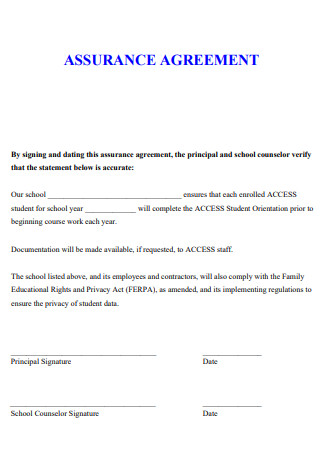
Blank Assurance Agreement
download now -
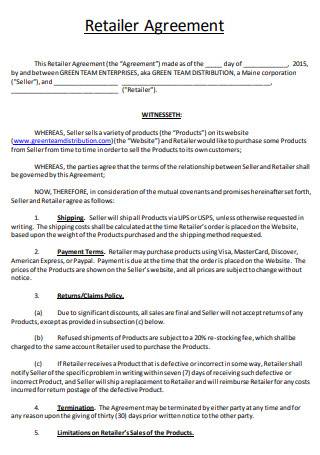
Blank Retailer Agreement
download now -
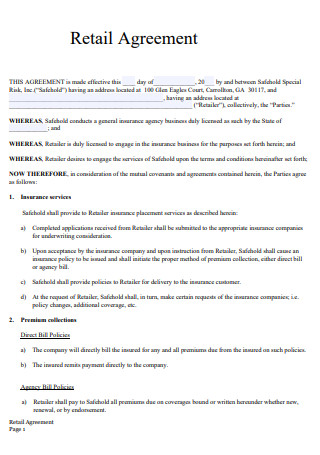
Blank Retail Agreement
download now -
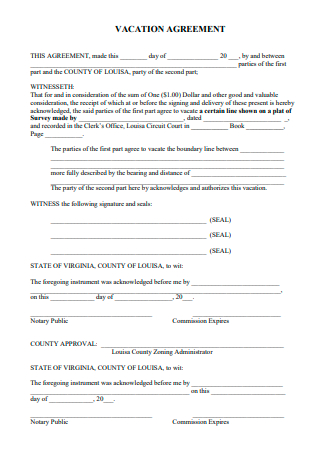
Blank Vacation Agreement
download now -
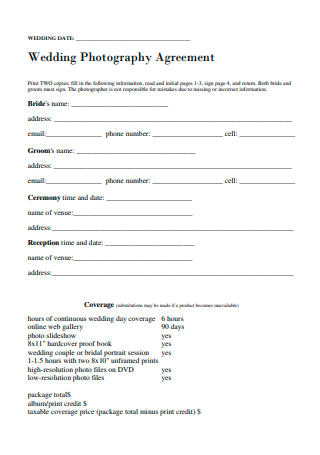
Blank Wedding Photography Agreement
download now -
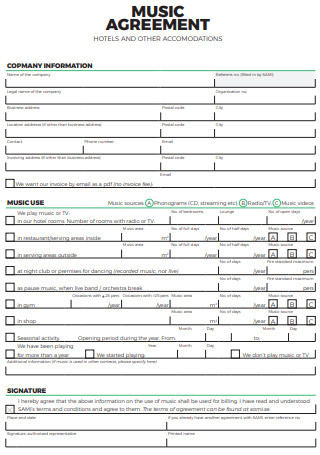
Blank Music Agreement
download now -
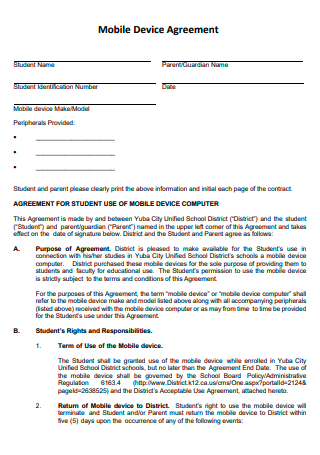
Blank Mobile Device Agreement
download now -
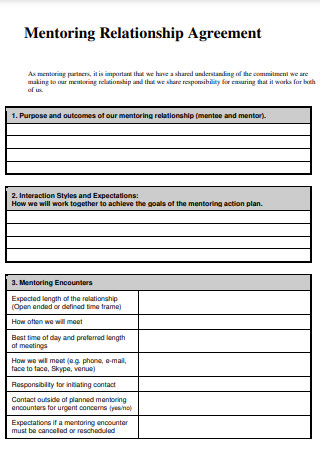
Blank Mentoring Relationship Agreement
download now -
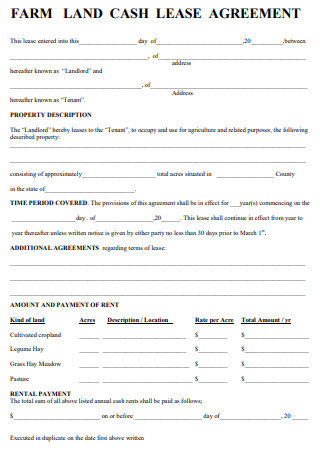
Blank Farm Land Cash Lease Agreement
download now -
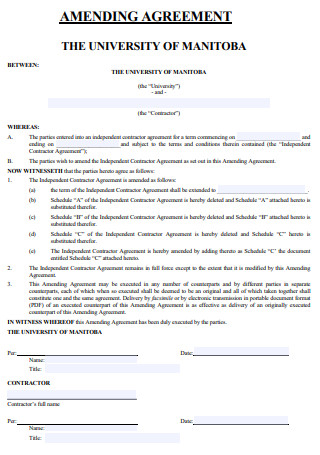
Blank Amendment Agreement
download now -
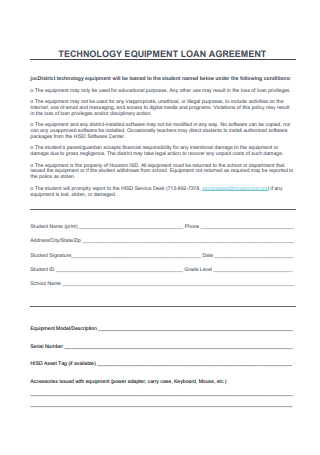
Blank Technology Equipment Loan Agreement
download now -
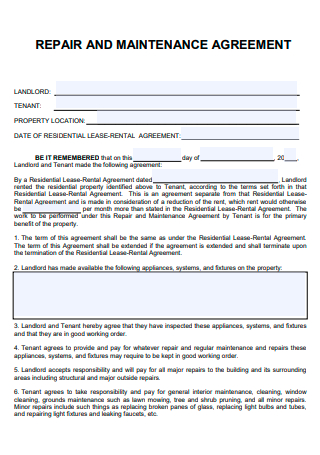
Blank Repair and Maintenance Agreement
download now -
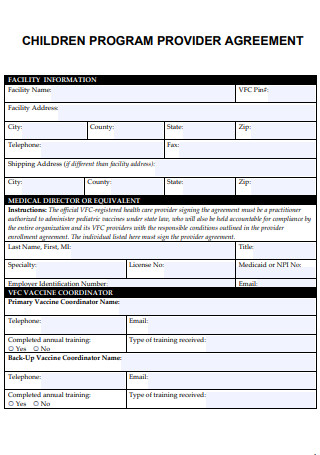
Blank Program Provider Agreement
download now -
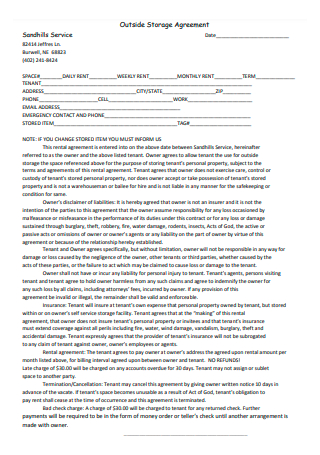
Blank Outside Storage Agreement
download now -
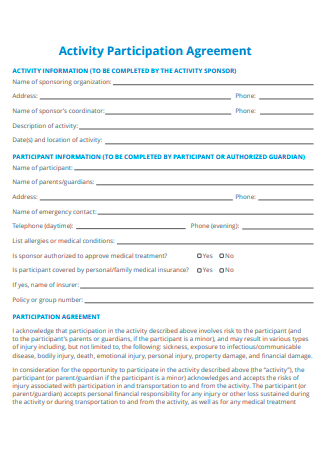
Blank Activity Participation Agreement
download now -
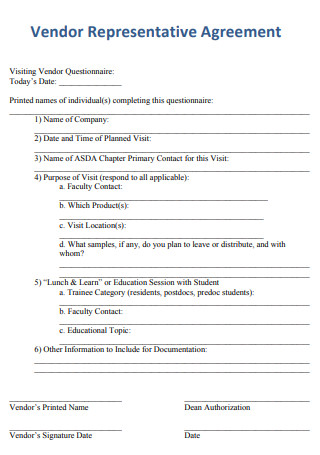
Blank Vendor Representative Agreement
download now -
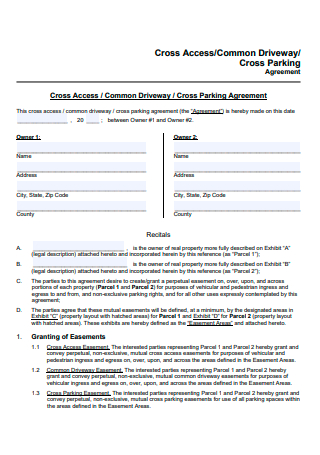
Blank Common Agreement
download now -
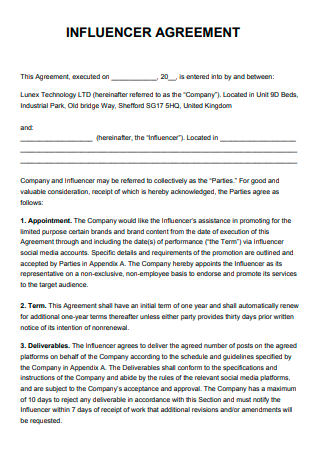
Blank Influencer Agreement
download now -
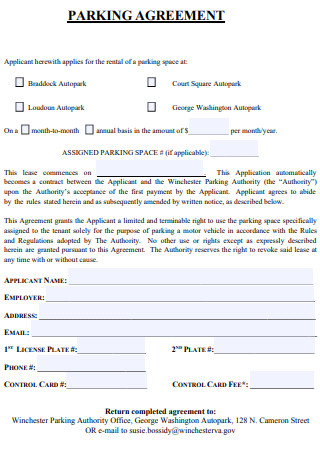
Blank Parking Agreement
download now -
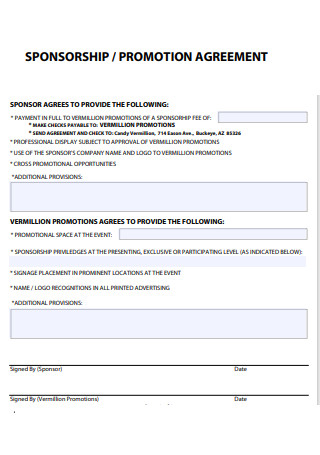
Blank Sponsorship Promotion Agreement
download now -
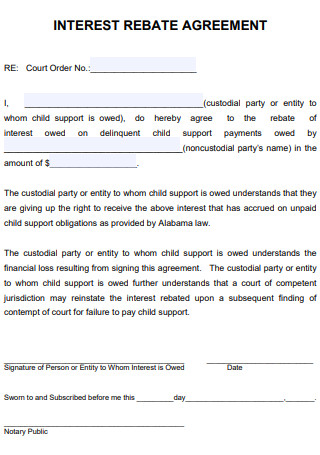
Blank Interest Rebate Agreement
download now -
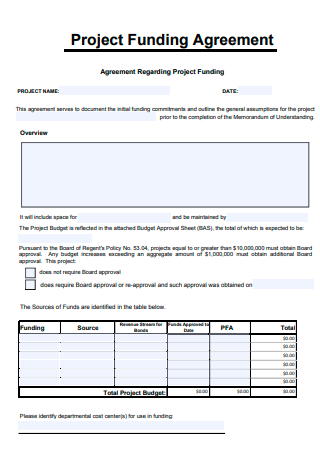
Blank Project Funding Agreement
download now -
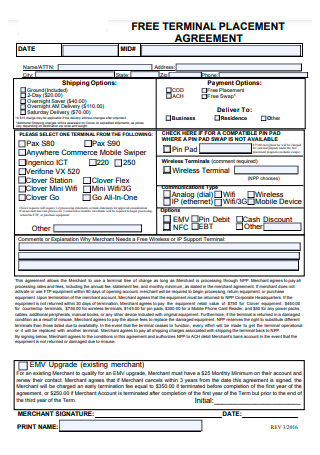
Blank Terminal Placement Agreement
download now -
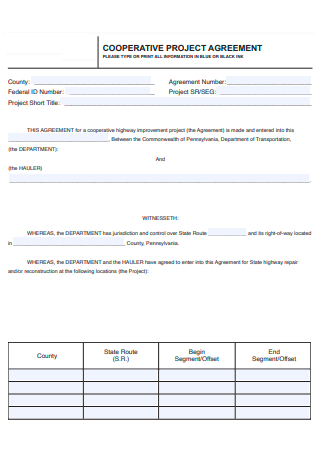
Blank Cooperative Project Agreement
download now -
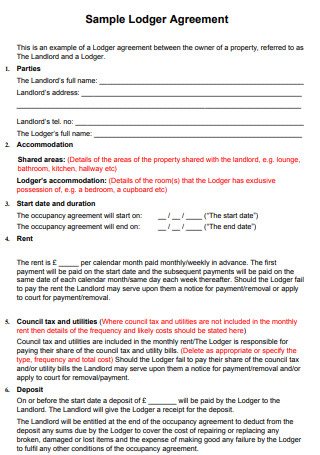
Blank Lodger Agreement
download now -
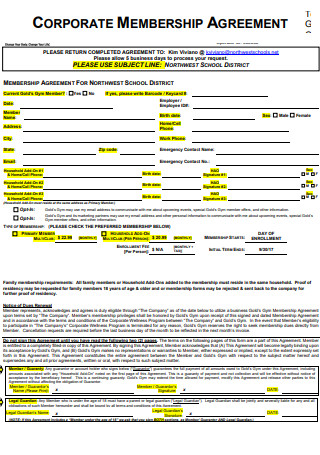
Blank Corporate Membership Agreement
download now -
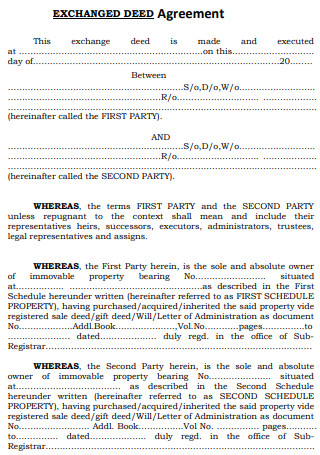
Blank Exchange Deed Agreement
download now -
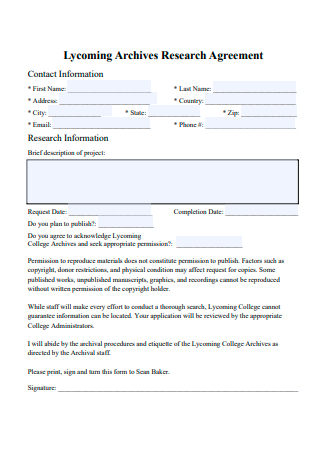
Blank Research Agreement
download now -
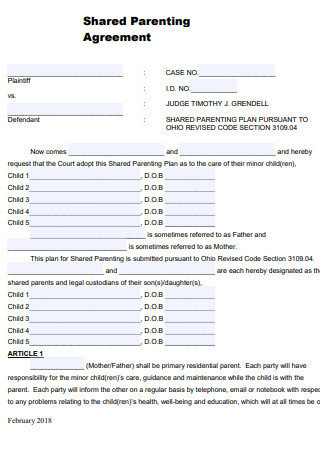
Blank Shared Parenting Agreement
download now -
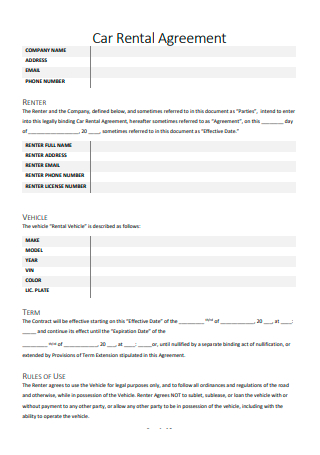
Blank Car Rental Agreement
download now -
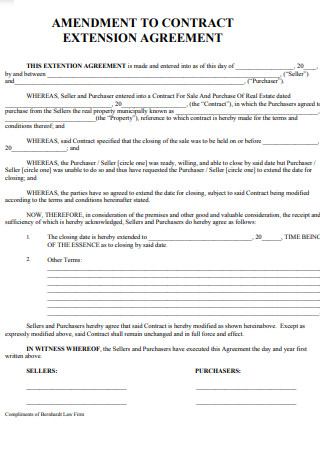
Blank Contract Extension Agreement
download now -
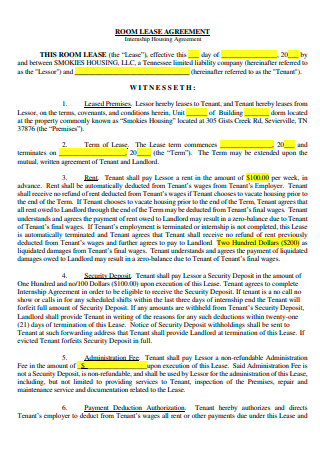
Blank Room Lease Agreement
download now -
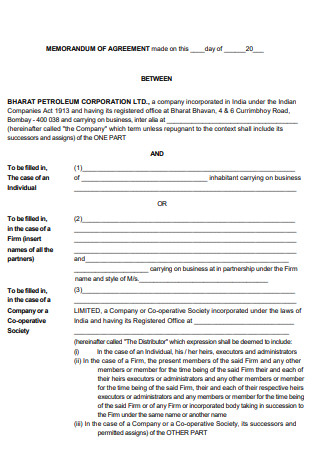
Blank Branding Agreement
download now -
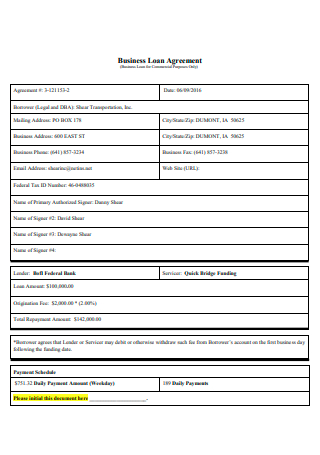
Blank Business Loan Agreement
download now -
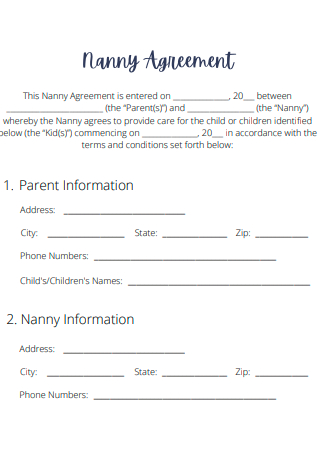
Blank Nanny Agreement
download now -
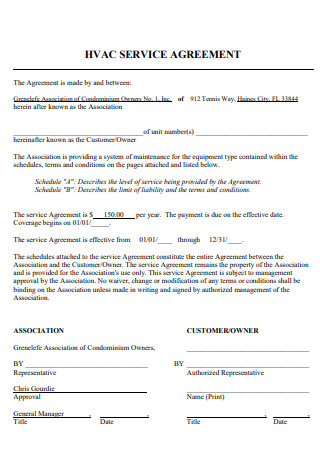
Blank HVAC Service Agreement
download now -
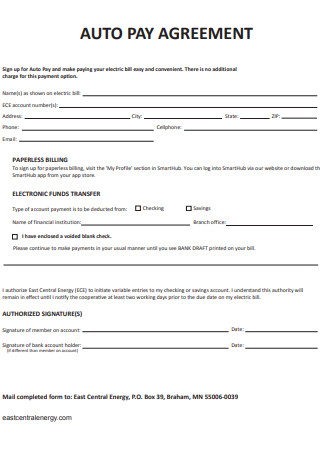
Blank AutoPay Agreement
download now -
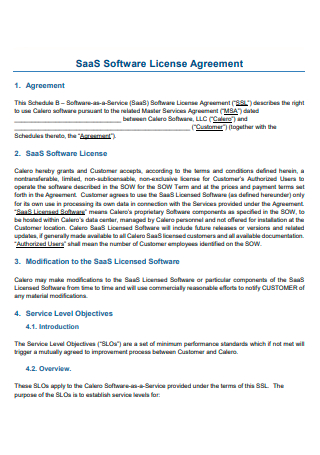
Blank SaaS Software License Agreement
download now -
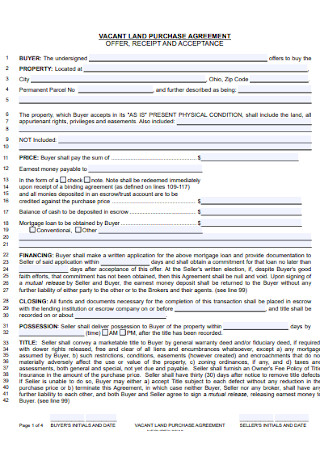
Blank Land Purchase Agreement
download now -
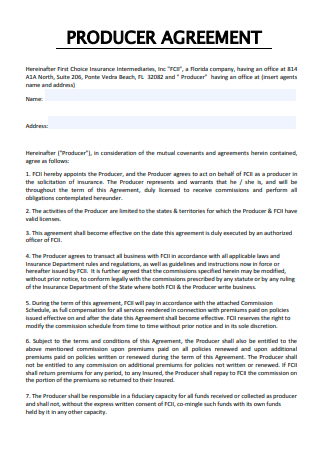
Blank Producer Agreement
download now -
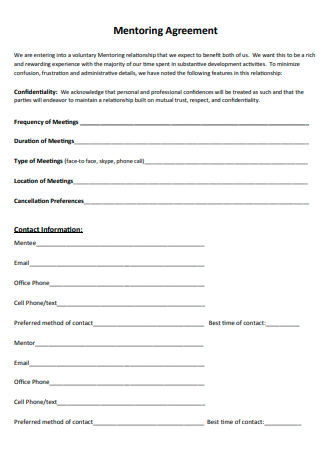
Blank Mentoring Agreement
download now -
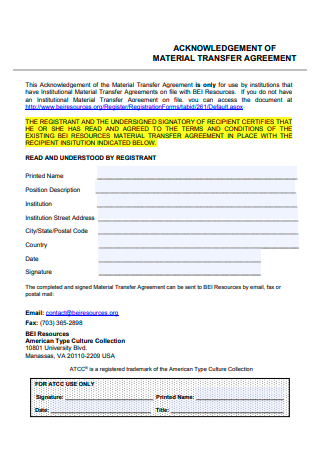
Blank Material Transfer Agreement
download now -
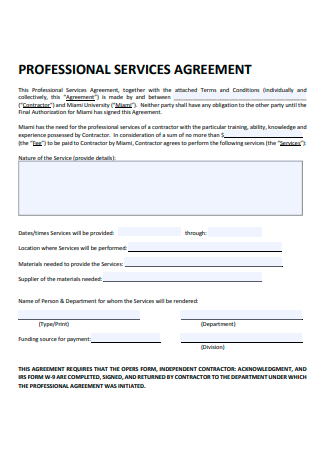
Blank Professional Services Agreement
download now -
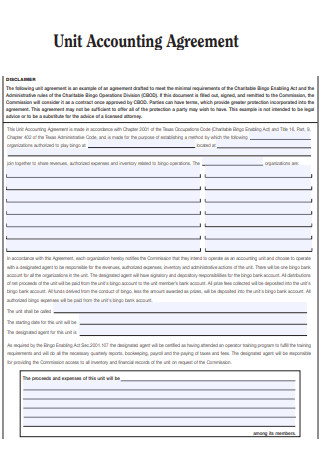
Blank Unit Accounting Agreement
download now -
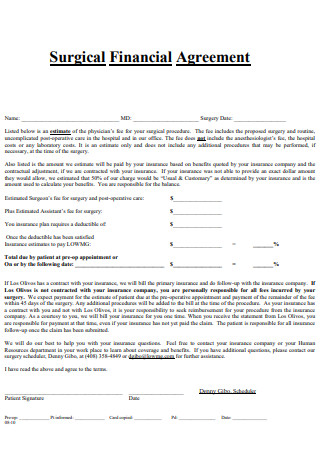
Blank Surgical Financial Agreement
download now -
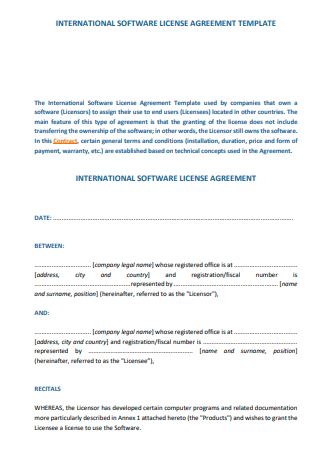
Blank International Software License Agreement
download now -
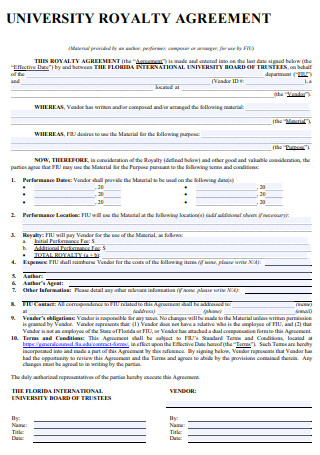
Blank University Royalty Agreement
download now -
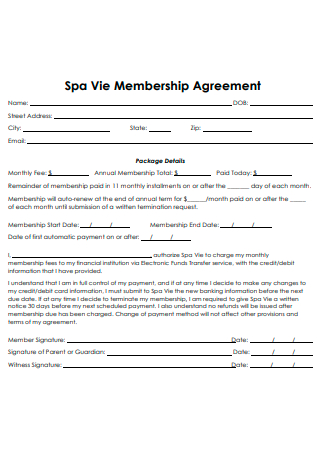
Blank Membership Agreement
download now -
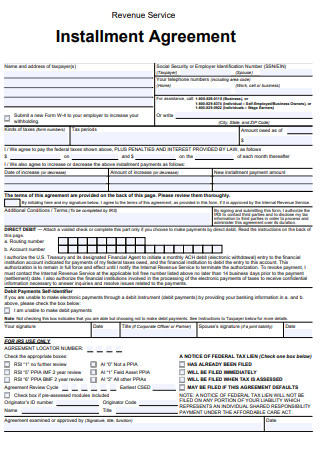
Blank Installment Agreement
download now -
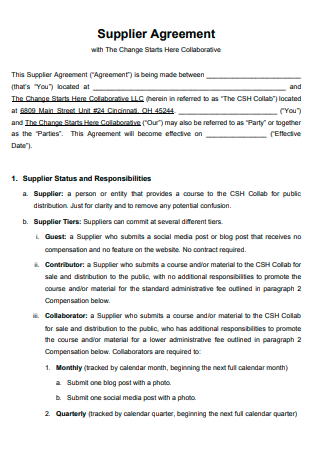
Blank Supplier Agreement
download now -
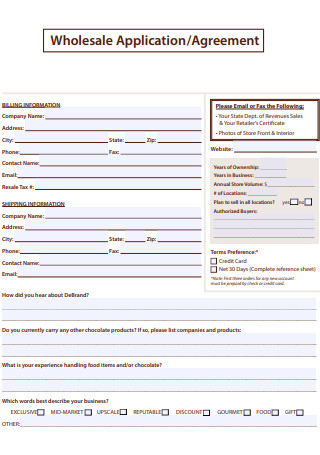
Blank Wholesale Application Agreement
download now
FREE Blank Agreement s to Download
50+ SAMPLE Blank Agreement
a Blank Agreement?
Benefits of Agreements
Types of Business Agreements
How To Create Solid Business Agreements
FAQs
Is it permissible to have handwritten documents?
Am I permitted to write my own contracts?
Is a signed document admissible in court?
What Is a Blank Agreement?
Blank agreements are critical guidelines that outline how you should do business. You should never conduct business just based on a handshake; everything should be written. You should have a written contract in place since people frequently forget or change their minds and attempt to back out of a transaction. Additionally, an agreement that defines the terms and conditions of a commercial transaction would make things easier for all parties. According to statistics, over 80% of partnerships fail.
Benefits of Agreements
Every business argues for entering into partnerships that can boost revenue and optimize value. How can companies best utilize them to accomplish their objectives? Contracts are critical for developing relationships and concluding business deals. However, what additional functions do they serve? It serves a variety of goals and hence has a plethora of distinct reasons for its importance. Agreements are an organization’s primary source of revenue and connection building. Now, let’s examine a few of the primary reasons why it is a critical emphasis for a business:
Types of Business Agreements
Whether complex or essential, business agreements should be formalized and include all relevant terms and conditions. Different business settings necessitate distinct contract forms to suit specific business requirements. If you’re still interested, here are its varieties.
-
1. Amendments
A contract amendment is a separate legal record that modifies an existing commercial agreement’s definitions, phrases, sections, and clauses. It amends, deletes, or modifies the terms of the first agreement whenever all parties reach an accord. Amendments to various forms of business agreements occur when parties omit critical elements from the original document or when a party’s economic circumstances change. Contract revisions, for example, might aid in the modification of payment terms between a firm and its suppliers.
2. Enterprise service agreement
An enterprise service agreement is a company contract between a company and a customer in which the company delivers the customer with services such as accounting, housekeeping, or internet access. It emphasizes specifics such as the service’s conditions, fees, and guarantees. An enterprise service agreement safeguards both the service provider’s and clients’ interests by guaranteeing that requested services are performed, and the firm is pretty reimbursed.
3. Employment agreement
These sorts of business contracts establish the terms of an employer’s relationship with its employees. Also known as an offer letter, this legal document defines specifics—such as the employer’s and employee’s duties and responsibilities, remuneration, perks, length, and grounds for termination. Employment agreements can be customized to meet the needs of a particular sector or business. It is used to formalize the relationship between a company and an employee during the recruitment process.
4. Indemnity agreement
Also known as a release of liability agreement, this contract states that one individual undertakes to indemnify another party in the event of a burden, damage, or loss caused by the provision of a service or product. The “hold harmless” or “hold harmless” clause in these company contracts indicates that a party is aware of the hazards associated with the activities they participate in—such as rock climbing or skydiving—and waives any claim against the business for hurt or damages.
5. Partnership agreement
A partnership agreement is signed when two or more parties agree to collaborate. When partners pool their resources and define their roles in the enterprise, they enter into this formal arrangement. It defines guidelines for the partnership’s management, investments, business obligations, and how earnings and losses are shared amongst partners.
6. Purchase order and Renewal order form
A purchase order is an agreement of a business owner and a seller. The former commits to purchasing goods at a specified price and is subject to agreed-upon payment terms and delivery deadlines. Purchase orders are a sort of business agreement that aids in the resolution of supply chain problems. Also, a renewal order form simplifies the process of renewing a subscription for services or items requested before by minimizing the time required to complete the first-order form. This form contains information on the services/products, the billing term, and related costs.
7. Terms of use
A term of use agreement is a sort of commercial agreement that is entered into between users and the owners of websites, software, and mobile applications that enable users to access such services. This document contributes to protecting intellectual property rights, limits a party’s contractual liability, and discourages the abuse of such services.
How To Create Solid Business Agreements
Making a legally binding business arrangement is critical for various reasons, the most important of which is that it protects you. For instance, the other party to an agreement may engage in behavior that requires you to distance yourself from them. Also, you may find yourself in a legal battle with the other person you are conducting business with. A well-crafted agreement will make navigating such instances much more accessible. Continue reading to learn how to create firm company contracts.
-
1. Put it in writing and keep it straightforward.
While oral agreements are frequently lawful and binding, they are often difficult to enforce in court. Even if the law does not demand it in the business world, most agreements should be in writing. A composed agreement is less risky than an oral contract because you have a document outlining each party’s rights and obligations in the event of uncertainty or disagreement. Contrary to popular opinion, a contract does not require an abundance of “heretofore” and “party of the first part” legalese to be binding. Rather than that, write concise, straightforward phrases with basic, numbered paragraph titles that inform the reader of the paragraph’s contents.
2. Deal with the appropriate individual.
Avoid wasting time discussing a commercial arrangement with a junior employee who must obtain approval from the boss. If you have cause to believe this is occurring, respectfully but firmly request to speak with the person in authority. Ascertain that the individual with whom you negotiate has the power to bind the business and a vested claim in seeing that the company adheres to the agreement’s terms. If you’re unsure, inquire. It could be one of the owners of a small business; it could be a chief executive officer or chief operating officer in a big corporation.
3. Explicitly state all of the details.
The agreement’s body should outline each party’s rights and obligations. Leave nothing out; it will be nearly impossible to enforce if you debate something verbally and shake your head about it, but it is not included in the contract. In contract law, judges may interpret a contract solely based on its “four corners,” not on what the parties stated to one another. You may always create a brief written addendum if you overlook an item. Alternatively, if the agreement has not been signed, you can handwrite the change into the contract. If both parties sign off on the modification, it becomes part of the contract.
4. Indicate your payment obligations.
Specify who pays, when payments must be made, and the terms under which payments must be made. As you may imagine, money is frequently a point of contention. Therefore, this section should be extensive. If you want to settle in installments or only after the service is completed to your satisfaction, specify your payment schedule and include dates, hours, and criteria. Consider providing the payment method as well. While some individuals may be OK with a company check or a business credit card, others may prefer a cashier’s check or cash.
5. Maintain confidentiality.
Frequently, when one business employs another to perform a service, the other business gains access to sensitive corporate data. Your agreement should include reciprocal commitments that each party will maintain the strictest confidentiality regarding any business information acquired throughout the contract’s performance.
FAQs
Is it permissible to have handwritten documents?
While handwritten contracts are significantly less convenient than typing them, they are perfectly legal if appropriately drafted. Indeed, they are often preferable to verbal agreements.
Am I permitted to write my own contracts?
Yes, you are free to create your contracts. They are not required to be authored by a lawyer. They do not need to be a particular shape or typeface.
Is a signed document admissible in court?
Yes. It will also be enforceable as long as the handwritten contract incorporates the four essential elements of offer, acceptance, consideration, and intent to form legal relations. It doesn’t need to be lengthy and comprehensive to be legally binding.
There are numerous resources open to assist you in drafting a solid company contract without reinventing the wheel. Do not be reluctant to contact a lawyer to review an agreement you have created on your own. If you’re unsure how to handle a challenging topic or a concept, an excellent small company lawyer can provide you with drafting advice and help you get your agreement back on track.
